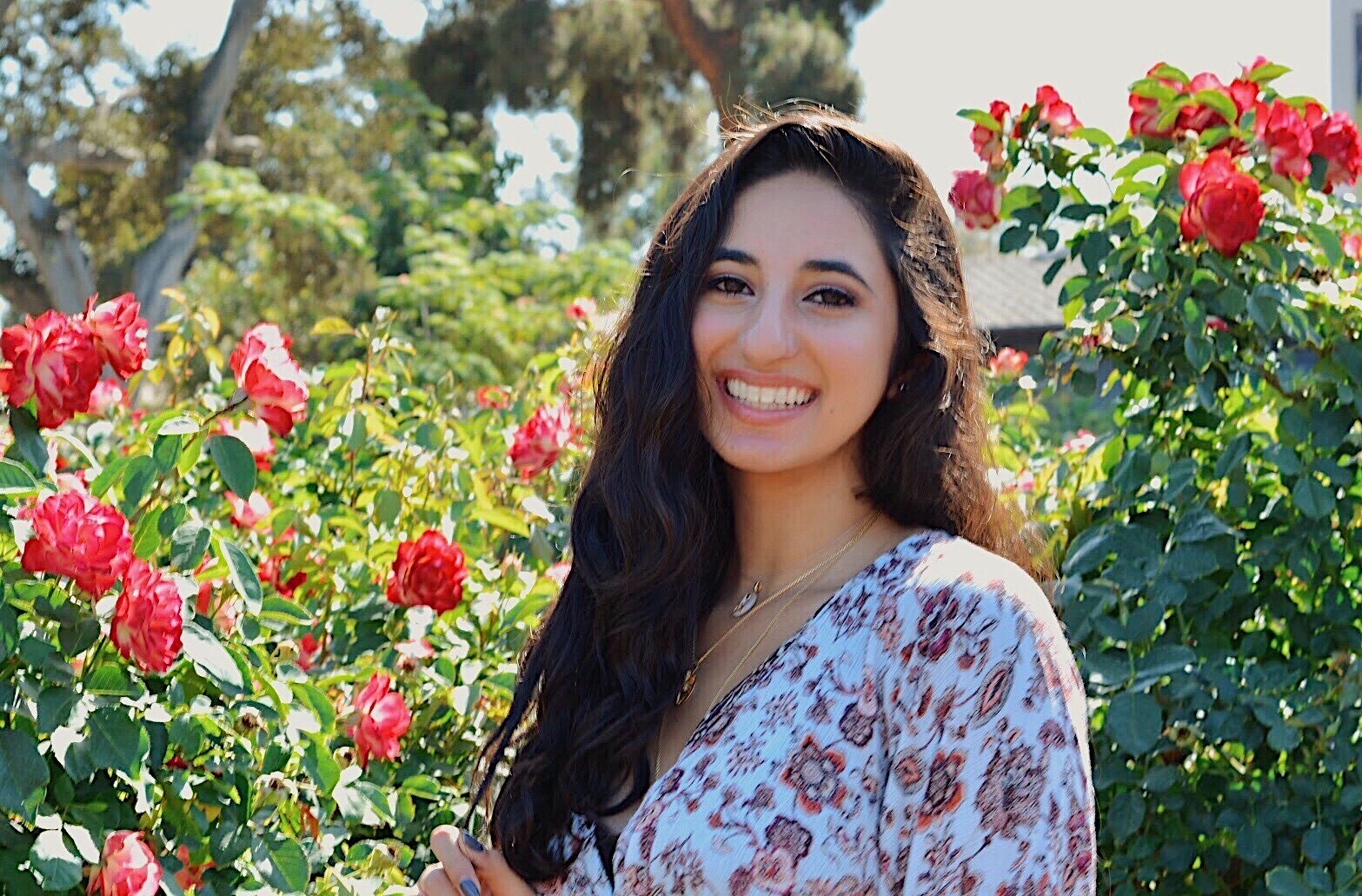Away From the Keyboard: Anaiya Raisinghani, MongoDB Developer Advocate
Welcome to our new article series focused on developers and what they do when they’re not building incredible things with code and data.
“Away From the Keyboard” features interviews with developers at MongoDB, discussing what they do, how they establish a healthy work-life balance, and their advice for others looking to create a more holistic approach to coding.
In our first article, Anaiya Raisinghani shares her day-to-day responsibilities as a Developer Advocate at MongoDB; how she uses nonrefundable workout classes and dinner reservations to help her step away from work; and her hack for making sure that when she logs off for the day, she stays logged off.

Q: What do you do at MongoDB?
Anaiya: I’m a developer advocate here at MongoDB on the Technical Content team! This means I get to build super fun MongoDB tutorials for the entire developer community.
I’m lucky where each day is different. If I’m researching a platform to build a tutorial, it can mean hours of research and reading up on documentation, whereas if I’m filming a YouTube video it means lots of time recording and editing.
Q: What does work-life balance look like for you?
Anaiya: A bad habit of mine is to get really caught up in a piece of content I’m creating and refuse to leave a certain spot until I’ve accomplished what I’ve set out to do that day.
Because of this—and because I work mainly from home—if I can anticipate that I’m going to get caught up in a project, I create plans that force me to leave my desk. Some examples of these are non-refundable workout classes, drinks with friends after work (I hate being a flake), or even dinner reservations that charge you if you cancel less than 24 hours in advance. My biggest gripe is paying for something that I didn’t get anything out of. If I’m paying for a single pilates class, I will make sure I’m there trying my best on the reformer. So this has been a fantastic motivator.
Being 25 and living in NYC means that my weekends are always booked, so I’m always out and about, and this allows me to not think about work on my time off. I’m also lucky enough to have a great manager and team that keep very great work-life boundaries, so I never feel guilty practicing those boundaries myself.
Q: Was that balance always a priority for you or did you develop it later in your career?
Anaiya: This balance was definitely something I had to develop and actively work on. I’ve always been an anxious over-achiever, and when coming into my first corporate job I thought staying overtime would be expected. We’ve all heard the phrase: “Be the first one in and the last to leave.”
My manager actually used to actively tell me to log off when I first started because he would notice that my Slack was active past work hours (shoutout to Nic!).
Having him and my team as a great example helped me understand that there will always be more work and to enjoy the time that you spend away from your laptop. It was also the realization that working shouldn’t be your entire life. You need to develop hobbies and build relationships within your community in order to be a happier human being.
Q: What benefits has this balance given you?
Anaiya: The biggest benefit this balance has given me both at work and in my life is that I’m incredibly present when I’m doing one or the other. When I’m working during the day, I’m entirely locked in and take advantage of each hour. And when I’m done with the workday, I’m actually done and can focus on my hobbies or my friends.
It’s also taught me to plan in advance and it gives me a better understanding of how much work on average is expected for each project.
Q: What advice would you give to a developer seeking to find a better balance?
Anaiya: If you’re seeking a better balance, I recommend removing Slack from your personal phone and laptop. This way when you’re disconnected, you’re truly disconnected. Of course, there are some teams and companies that require you to be on call or working around the clock, but even then having a specific laptop or device with everything you need that is separate from your personal devices can help bridge this gap.
Thank you to Anaiya Raisinghani for sharing her insights! And thanks to all of you for reading. Look for more in our new series.
Interested in learning more about or connecting more with MongoDB? Join our MongoDB Community to meet other community members, hear about inspiring topics, and receive the latest MongoDB news and events.
And let us know if you have any questions for our future guests when it comes to building a better work-life balance as developers. Tag us on social media: @mongodb #AwayFromTheKeyboard